A good CRM can be the key to understanding the needs of your customers and be agile enough to quickly adapt your strategy to the changing market needs. It should provide not only relevant information about your current customer base but also help to seek new customers and reach your sales targets cost-effectively. Furthermore, it should showcase information about your own organisation and its capacity to stay on track in obtaining your corporate goals.
In this article, we dig deep into the features that a CRM must have to fit the needs of a Food Manufacturing or Distribution company. There are many key variables that make it special when it comes to providing excellent customer service.
By: Brian Amit, Founder Director at Peercore*
#CRM #Sales #Foodindustry
CRM is all about Customers and how-to best serve them in a way that exceeds their expectations. To do so, the first thing that companies require is to have a complete understanding of the needs and aspirations of each and every customer, their past experiences with your organization (both good and bad ones), if they are happy with your products, services and why. Having accurate information available when you need it at your fingertips is imperative to maintain an ongoing and sensitive Sales and Marketing Strategy.
When it comes to food manufacturing or distribution companies, a CRM must include special features to fit the needs of this specific industry.
I mentioned before that CRM is all about customers, but who are your customers? Is it the distributor or the people that use your products often referred to as end-users?
I mentioned before that CRM is all about customers, but who are your customers? Is it the distributor or the people that use your products often referred to as end-users?
Companies already know who they sell to. Any accounting system or ERP tells them that, but the information they don’t have is who buys the product from their customers, be it a Distributor or a Retail Supermarket. Obtaining this information and then storing this data in a meaningful accessible way is the task of a good CRM.
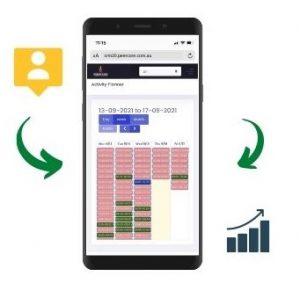
Companies already know who they sell to. Any accounting system or ERP tells them that, but the information they don’t have is who buys the product from their customers, be it a Distributor or a Retail Supermarket. Obtaining this information and then storing this data in a meaningful accessible way is the task of a good CRM.
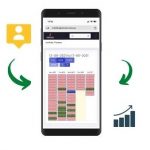
Most Food companies have to deal with the complexities of Use-by-dates (shelf life) not only in manufacturing but also in distribution, which mixed with complexities of maintaining optimum inventory levels require that you understand your customer needs better than ever before.
Besides, there are other added elements that must be considered such as food safety, temperature control and delivery performance (DIFOTQ). Given that you can’t manage what you can’t measure, it is imperative that not only must your ERP be capable of monitoring a myriad of key performance indicators, but also float to the top via your CRM to reporting how well you are meeting your Customer Service Objectives.
This is the challenge of Peercore CRM. Our expertise in the food industry is what makes us think of it as the next level of CRM, aiming to help food manufacturing or distribution companies to master their sales and marketing strategy, and find all the required features to have a 360 view of their business.
Let’s dig deep into other must-have features of a CRM and its impact on the company:
The CRM also manages the transition of potential customers from the initial lead stage through to full-blown customers.
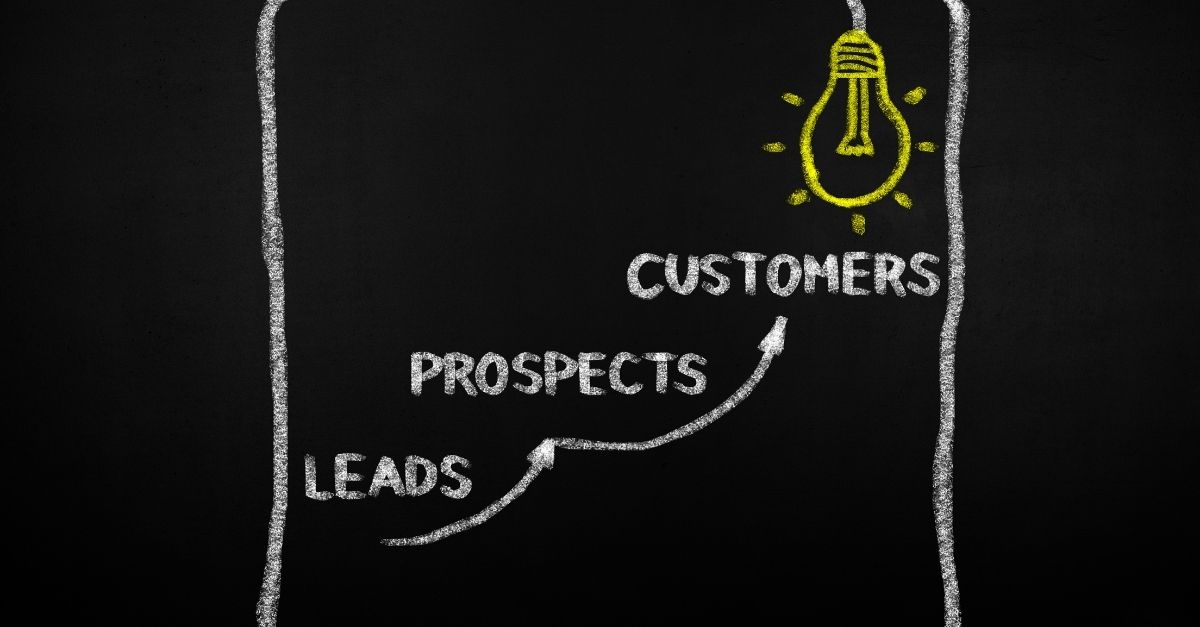
In most companies, this is done via a manual process requiring the shuffling of documents between the sales department and the accountants to validate and ratify the creditworthiness of new customers.
In Peercore CRM this is all processed online providing the potential customer with a seamless and private experience.
The progress of leads and opportunities are managed via a pipeline function in the CRM, but probably a more important function of the CRM is assisting in the retention of current customers. Given it is far more expensive to get a new customer than to retain a customer you already have, then it makes good sense to deploy a culture of outstanding Customer Service as a function of the CRM. This requires the design concepts of the CRM to be inherently conscious of all customer needs, especially issues with services and products automatically floating to the top demanding attention.
Sales History is usually available in many corporate ERPs or accounting apps, but timely accessibility is often an issue. Furthermore, they have a rigid structure and usually support an accounting type function rather than the dynamic needs of a Sales and Marketing organisation.
The business mission of your company matters in deciding how a CRM can be best structured to serve your needs. For instance, if you are predominantly a Food Distributor it means that you buy, store and sell products. In this case, an expanded 360 view of not only your customers but also your suppliers is needed.
You need to know which suppliers are more important to you in terms of generating your company’s profits and the risks involved in the non-continuance of supply, especially if they are foreign-based. It is not simple to identify which suppliers are mission-critical as a product from a supplier which constitutes a minor part of a sale could be of vital importance to a customer.

In this situation, a knowledge base embedded in the CRM can provide the information as to an acceptable substitute. This is again useful in an out-of-stock situation where the salesperson has to provide advice regarding which other products can temporarily meet the needs of the customer. The CRM Knowledge Base provides consistency amongst the sales team.
End-user data is often hard to obtain but absolutely invaluable in a CRM. Knowledge of who your real customers are is of paramount importance to the success of a company.
The Australian Bakery Foods Industry by the nature of how they operate has access to this information. Most of them sell through distributors and have contractual agreements with their distributor to sell to the End-user at a pre-agreed price attracting a pre-agreed rebate. To claim the rebate, the distributor is required to submit an online claim through a claim’s portal as part of the CRM, which provides the company with End-user sales information detailed by the customer and product to the End-user. This data is imported into the CRM providing the capacity to interrogate not only your company’s sales to the distributor but also sales of your products to the distributor’s customer.
Another way of obtaining this information is through Point-of-Sale data made available by the large retail stores to its suppliers. This again is imported into the CRM providing a holistic view of sales History including sales to End-users.
Peercore CRM Dashboard processes pre-defined queries taking raw historical data and converts it into dynamic and predictive information to assist the sales team towards its goal of outstanding Customer Service. The CRM dashboard shows many ongoing KPI trends such as Contribution Margin, Profit at EBIT, or Sales Calls by any category in easily readable graphs.
The capacity to apply this data is the key determinant in how well the CRM will serve the company’s corporate objectives. If the data is used in retrospective analysis and any corrective action takes a while to implement, having improved results will be slow and more long term. But, if this data can assist in day to day decision making, then the outcomes are more dynamic and benefits can be obtained immediately.
As an example, some CRM users have a policy that sales teams must see each customer twice in each sales cycle over whatever period-appropriate, but not more than twice without a good reason. If the data in the CRM facilitates the supervision of the policy, then the perceived benefits are immediate.
Key components of a good CRM:
Taking all this into account, the key components of a good CRM are:
1. Access to immediate and dynamic history
Not only of Sales Information but extended to include profitability by customer and product. This should be available for the distributor as well as the end-user. In recent times there is a significant shift towards the sales team predominantly servicing the End-user with product information and assisting their customer the distributor with “Turn-in-Orders, which is a connecting order from the End-user to the distributor. The goodwill this type of capacity promotes is outstanding. A CRM must support “Turn-in-Orders”.
2. Sales history
Although this predominantly comes out of the ERP, other key information is needed and should be available through the CRM. For example, frequency of credit servicing and trading outside of terms, volume and value of credit claims or customer order placement patterns.
3. Capacity to have a multi-level Database
In order to store data for Distributors and End-users. Companies should be able to see an extended view of their customer network.
4. Knowledge Base of what customers want
Having information in terms of products, quality and volumes desired by customers is critical to meet these needs in a systematic and sustainable way.
Gone are the days when the manufacturers produced and the end-user bought based on timetables created by the manufacturers. It was about pushing out to the market whatever was cost-effective to the manufacturer with little regard to what the market needed.
In order to go from pushing products onto the market to pulling what customers need, it is required to have significant customer Information gathering which is facilitated by a good laterally scoped integrated ERP CRM. This data is initially raw and not conducive to useful interpretation and has to be transformed into an organized knowledge base of value available to the sales staff.
The difference between a Database and a Knowledge Base is the organization of relevant data capable of being delivered dynamically and with minimum filtering. It promotes repeated actions without having to live through the adverse impact in some instances of previous experiences. It promotes good decision making and controls where it matters most.
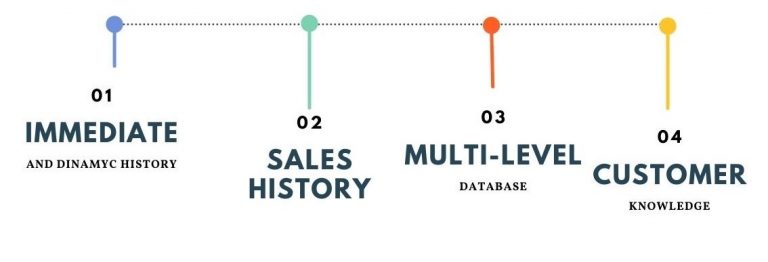
Peercore CRM
Our vast experience in the distribution and supply chain industry has led us to develop a unique CRM for the Food Manufacturing and Distribution Industry. This solution understands the specific requirements of the end customer, whether it is a small retail store, restaurant, hospital or food manufacturing company.
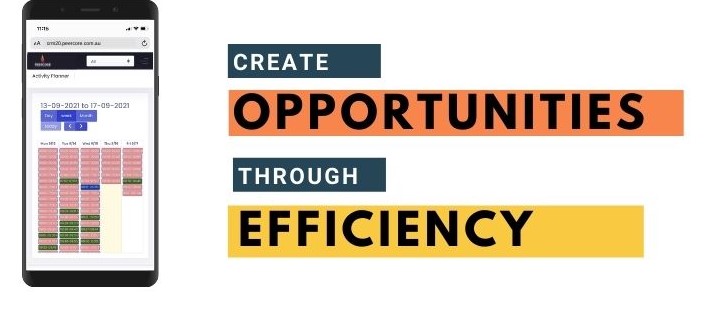
Peercore CRM not only assists in maintaining a detailed listing of Leads and Prospects but also understands the importance of customer retention and has inbuilt processes to measure and facilitate excellent customer service. Customer Service in the Food Industry is about providing the right products and services, in the right condition and quality, at the right time.
Any deviations from these standards are reported in the CRM as a variation for communication with the customer. Other Key Performance Indicators such as outstanding quotations, marketing campaigns, product inventory levels, delivery performance, stopped trading alerts and Sales History are all provided as an extended CRM in Peercore.
Peercore understands all the processes related to buying, storing, selling, and having a limited shelf life of products distributed by Food Distribution Companies. Therefore, it understands the importance of Supplier Profiles and buys prices in determining product margins.
Alternative productive listings, price comparisons between competing suppliers, special deals and rebates are all part of the standard extended repository. Document Scanning, Business Intelligence links to Outlook integration to Customer Kiosks are bundled into Peercore CRM offering:
- Supplier Profitability
- Supplier performance
- Complaints analysis
- Inventory levels
- Price movements
- Margin Analysis
- By price to sell price analysis
- Use by date monitoring
We can help you reach your sales targets
If you have asked yourself questions such as why is it taking me so long to get relevant information? Who are my under-performing sales reps? Which customers can I upsell and cross-sell to? Are my sales reps using their time effectively? And so on, then your business could definitely benefit from using Peercore CRM.

If you have asked yourself questions such as why is it taking me so long to get relevant information? Who are my under-performing sales reps? Which customers can I upsell and cross-sell to? Are my sales reps using their time effectively? And so on, then your business could definitely benefit from using Peercore CRM.

Now, I would like to hear from you. I invite you to give us your opinion on this subject in the comments below or get in touch with us, and we will be happy to discuss your situation in further detail.
